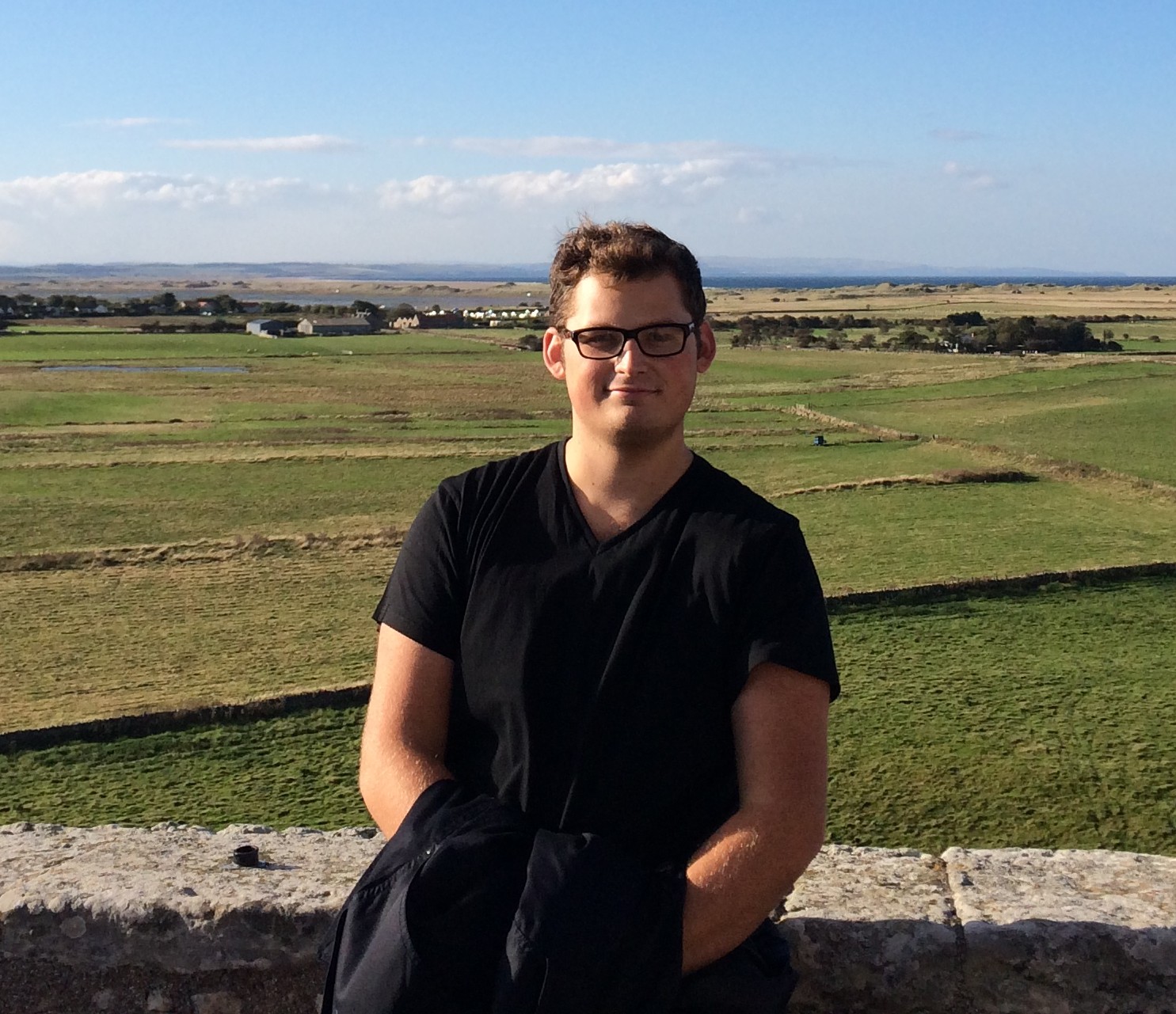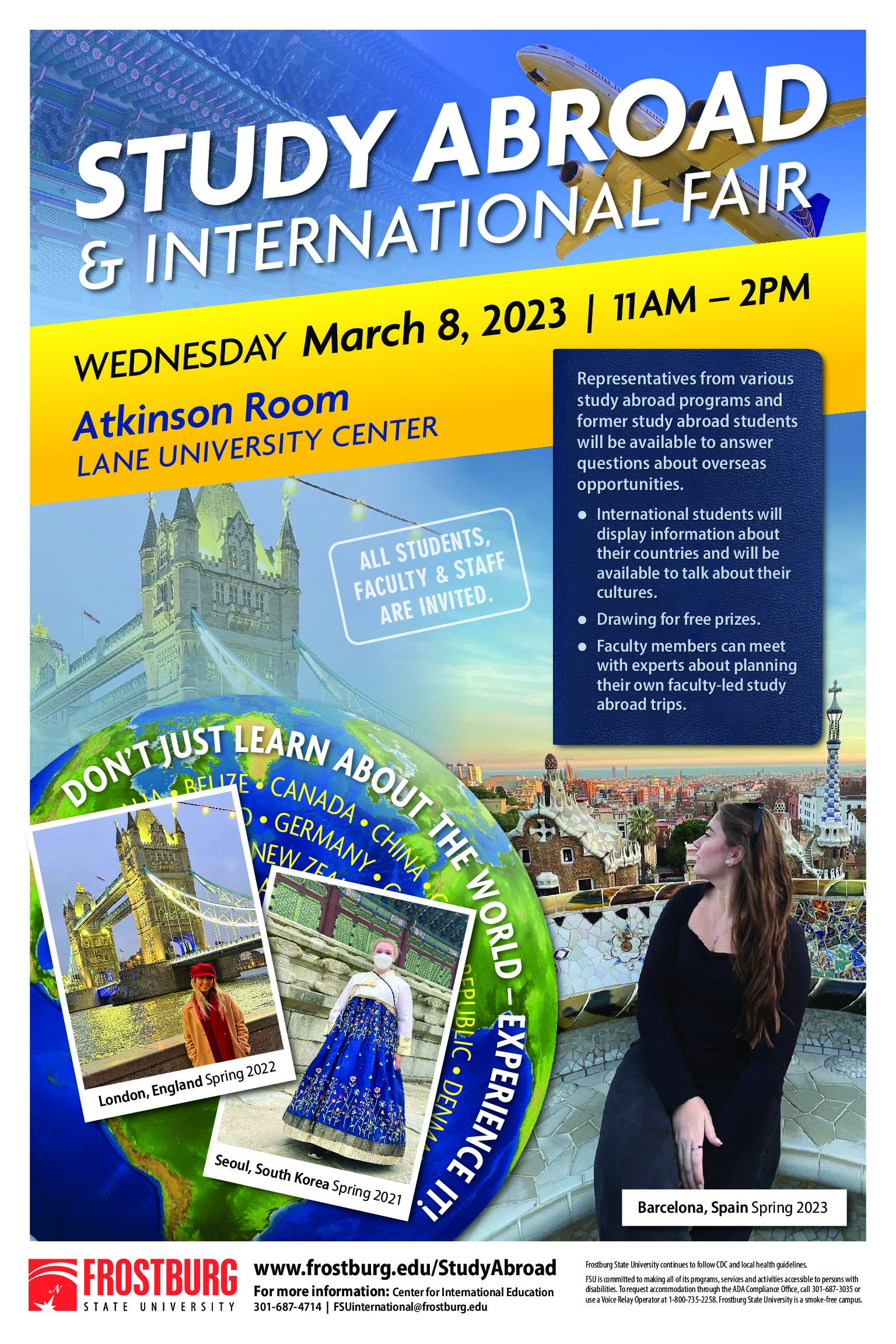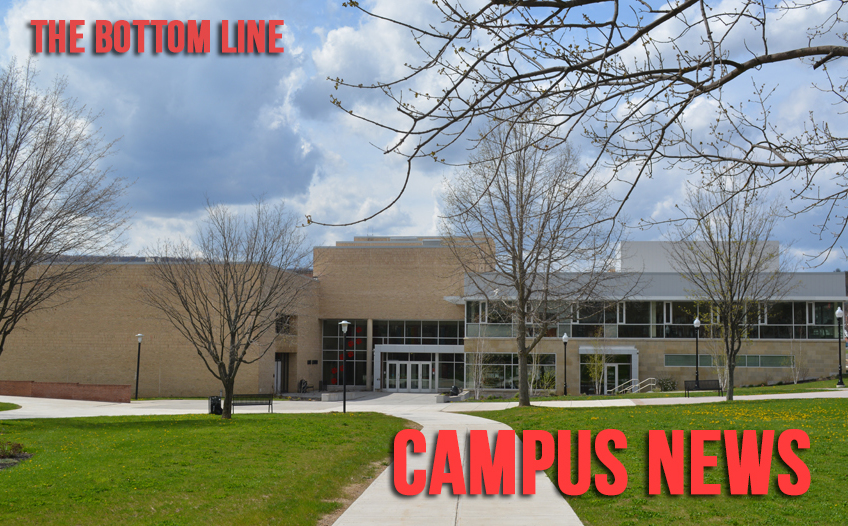Life In the Posh Lane: Politicus Brittanicus
Greetings again from England. It’s been exciting across the pond these past few weeks, and I’ve learned much about myself and the UK, as well as the USA, in ways that continue to surprise me.
I was told before my study abroad adventure that I would come back to the States a changed person. That prophecy has yet to come to fruition, yet I suspect that it will before my return in January. However, I was also told that I will learn to see my country, and others, in a different light. Not better nor worse, but through a lens that I had yet to see through. While I haven’t yet discovered some deep revelation about myself, I can truly say that I have begun to gain a new perspective on the US and our world as a global society. Indulge me, if you will, as I speak of current events in the UK. STEM majors beware: this one’s political.
Those of you who are faintly aware of world news know that Scotland recently held a referendum for its independence from the United Kingdom of Great Britain and Northern Ireland. Record numbers of voters turned out to determine the fate of a superpower that traces it formal origins to the Acts of Union in 1707.
I knew before my arrival in the UK that there was to be a referendum, but I never stopped to ask why. Well, I am proud to say that I have met a few Scots since my arrival in Newcastle and followed the election closely. Reasons for independence include economic security, oil interests in the North Sea, as well as a way to get rid of British nuclear sites in Scottish territory. But to talk to a Scottish university student, one would think that the movement was fueled solely by the fiery pride of nationalism – a trend that has tip-toed its way back into European politics.
Nationalistic tendencies can currently be seen in Veneto – the wealthy northeastern province of Italy that feels overtaxed and underrepresented, Catalonia – again a wealthy northeastern region of Spain with cultural and linguistic differences from the Madrid government, and indeed, in Scotland. The European Union seems to be facing a wave of nationalism and religious separatism that wishes to redraw Europe in a manner that is not unlike the fragmented continent of the 14th century.
While one may say that this seems to be a talking point far above the heads of university students, I would urge caution. The images plastered over the internet and British papers of Scots in their youth flying the flag of Saint Andrews remind me of the power that university students have – the power to change and to lead the cause for change. While the Scottish “Yes” campaign may have failed, I do not believe that this renewed spirit of the Saltire will simply fade away. Rather, I believe it will resurface someday under the leadership of the youth who so passionately advocated independence.
The Scottish Referendum was a unique event in that there was immense media coverage leading up to the event and yet fairly little actually occurred. There were a few protests in Glasgow that ended up requiring a police presence, but nothing to the extent which I had expected. I anticipated riots in Edinburgh in the case of a “No” vote. I expected turmoil in London in the case of a “Yes” vote. Yet, when the results were made clear and barely a day had passed, coverage ceased. The media relented. The public accepted the result and, while the leader of the “Yes” campaign did resign, relatively little fallout actually occurred. This made me reflect on American political events and their respective media coverage. The congressional shutdown of 2013. The infamous disaster that was Benghazi. After witnessing foreign media and their coverage of politics, I can understand the current American dissatisfaction with our congress and operating government. In contrast to the Scottish vote, American politics seem to never end. When such polarized and toxic coverage of political events refuses to relent, it becomes understandable for the public to detest the system.
As I write this column, I also prepare to go to Edinburgh tomorrow. I’m looking forward to visiting the Scottish capitol and hope to better understand the current reaction to the vote. While I have had the privilege to speak with Scots in England, I truly look forward to meeting some Scots in Scotland, whose hearts most likely rest closer to Holyrood than to Westminster. I’m grateful to have come to the UK during such a significant time. As a political science student, I’m thrilled that I was able to witness history and am glad that I am able to share my experience with you. Until next time.
Featured picture belongs to Nick DeMichele.




